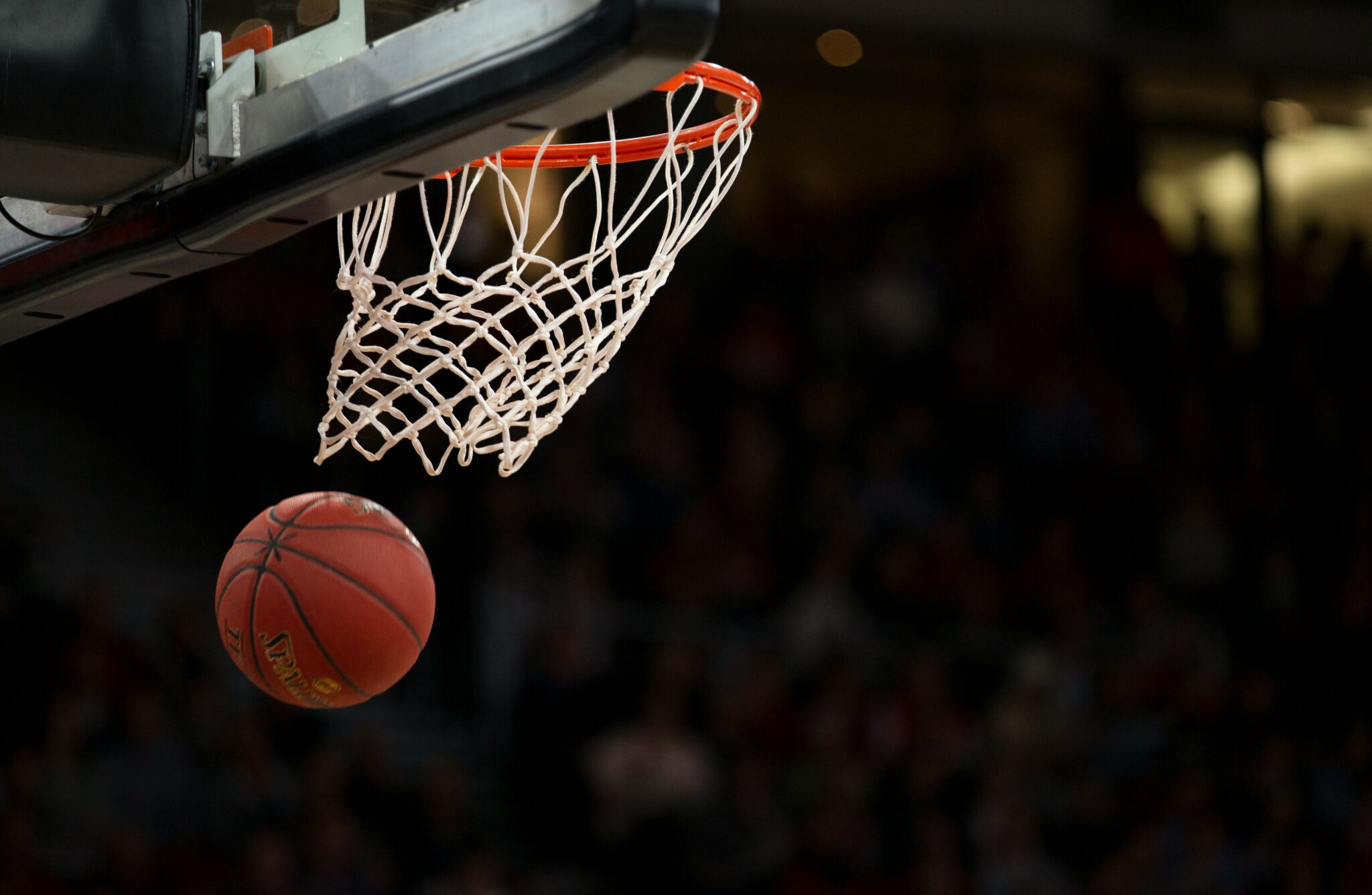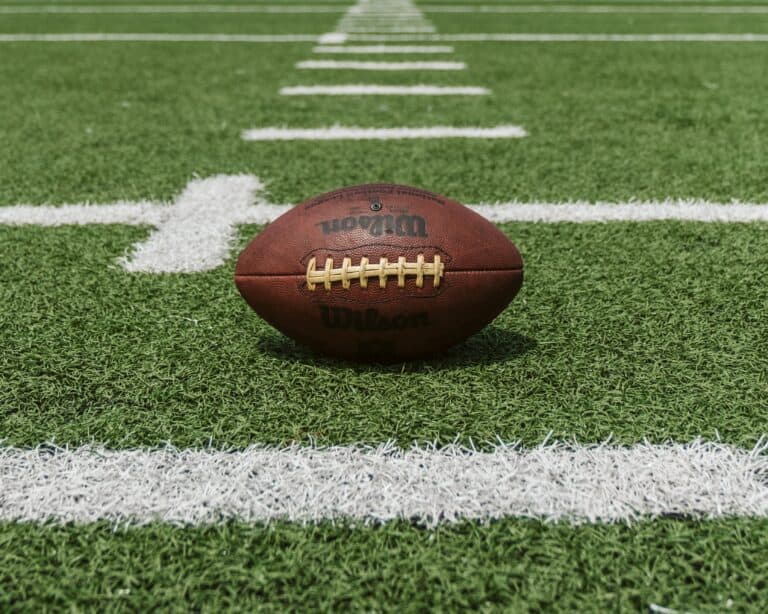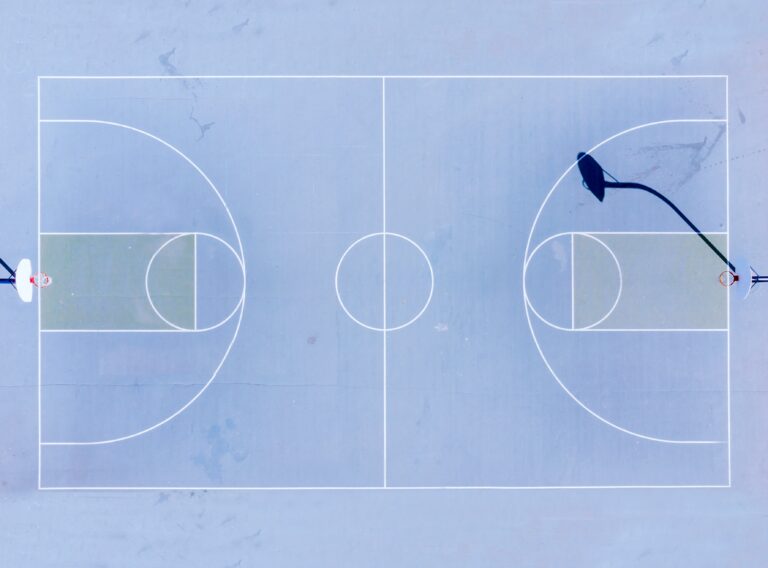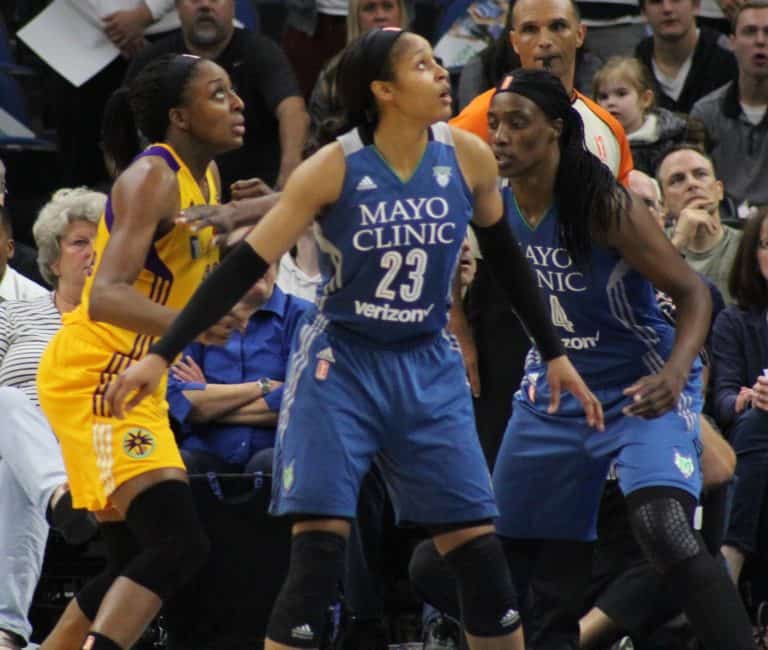
Lucy Cheskin is a student at Harvard Law School and a member of the Labor and Employment Lab.
Women’s sports is experiencing a moment of profound growth. Leagues are attracting record viewership, increasingly lucrative media deals, and significant interest from major investors. But as women’s sports continues its ascent along traditional axes of success such as viewership, revenue, and team valuations, success should also be measured by how the athletes who have driven the growth reap its benefits. Ultimately, this story is not just one of athletes, but also one of workers subject to labor and employment settings conditioned by structural gender and racial inequity.
Women’s professional basketball provides a leading example. Here, players are not only capitalizing on the transformative moment they have sparked but are also asserting their rights and building worker power. In the WNBA, players and their union (the WNBPA) have opted out of their 2020 collective bargaining agreement and will spend the coming months negotiating a deal that reflects the transformed landscape. As WNBPA president and WNBA star Nneka Ogwumike explained, “Opting out isn’t just about bigger paychecks—it’s about claiming our rightful share of the business we’ve built, improving working conditions, and securing a future where the success we create benefits today’s players and the generations to come.” She continued, “We’re not just asking for a CBA that reflects our value; we’re demanding it, because we’ve earned it.” Although the 2020 CBA marked an important victory for the players, issues such as relatively low salaries and salary caps, unprofessional travel conditions, and inadequate revenue sharing models have plagued the league and will be likely targets of the new CBA.
At the same time, players are reimagining their role in the growth of their sport and their agency within it. Napheesa Collier and Breanna Stewart, in addition to being multiple-time Olympic gold medalists and habitual WNBA All-Stars, are now also the founders of Unrivaled, a new 3-on-3 basketball league that runs during the WNBA offseason. As many WNBA players have needed to spend their offseason playing overseas to supplement WNBA income, Unrivaled is not only providing a domestic offseason option, but also in many ways is revolutionizing women’s professional basketball.
Unrivaled taps into the power of the players as athletes, workers, and people. The league was founded by and for the players and centers responsive top-tier working conditions and worker-centered financial structures. While part of Unrivaled’s success is driven by the WNBA’s skyrocketing popularity, the player-centric Unrivaled is also putting positive pressure on the WNBA to ensure that this growth is similarly channeled into better working conditions in the new CBA. Likewise, though Unrivaled players have yet to unionize, the critical work of the WNBPA (whose leadership includes many Unrivaled players) could also provide an impetus for creation of an Unrivaled union that continues to represent player needs.
By the league’s tipoff in January, Unrivaled had raised more than $35 million dollars from an impressive list of investors including top names across men’s and women’s sports and partnerships with prominent brands. This capital allowed the league to provide salaries for the eight-week season that largely exceed those offered by the WNBA for the full five-month season. Reports suggest that the average Unrivaled player will make $220,000 for the season. In contrast, in 2024, even WNBA players with “supermax” contracts earned salaries only slightly above the average Unrivaled figure at $241,984 while many players made closer to the minimum ($64,154 for players with 0-2 years in the league and $76,535 for players with 3-plus years). Beyond higher salaries, Unrivaled also provided equity in the league to its initial player pool, providing a different vision for how athletes in women’s sports can shape their workplaces and benefit from the growth they drive.
The increased financial remuneration provided by Unrivaled marks a critical step forward in the project of re-envisioning women’s professional sports. However, part of what makes Unrivaled’s vision transformative is its model for a workplace built by and responsive to the players who will work in the league. All competitions and trainings for Unrivaled take place in their Miami complex, which features “top-tier” training facilities, wellness and nutrition resources, and more (resources that only some WNBA teams currently provide). Unrivaled (led by Collier and Stewart who are both mothers of young children) also provides parenting athletes the requisite resources and support to play at the highest level, including on-site childcare and breastfeeding and pumping rooms, accommodations for which many athletes across sports are frequently fighting.
The power and impact of Unrivaled also flows from the novelty of its basketball product. On a recent episode of their podcast, A Touch More, Megan Rapinoe and Sue Bird (legendary leaders and players in women’s soccer and basketball respectively) celebrated Unrivaled as an example of “women’s sports do[ing] something different,” explaining that “so often” women’s sports are “compared to men’s sports and try to overlay everything perfectly” when “the systems aren’t built for…women’s sports to do it the way men’s sports has done it.”
Their commentary picks up on an important element of Unrivaled, especially when considered in the broader context of building worker power for groups that have traditionally faced marginalization. By breaking away from traditional systems not designed either by or for women, particularly women of color and LGBTQ+ athletes (who comprise a significant portion of the WNBA), Unrivaled provides a vision for a women’s sports workplace that is built with these athletes in mind and with their voices as the guides. By shaking the direct comparison with the NBA, a league with a 77-year history, Unrivaled allows us to see the women’s game and its potential through a lens not clouded by what has long been seen as the neutral baseline in sports (i.e., the men’s game and men’s institutions).
At the end of the day, while these players are world-class athletes whose employment setting differs in many ways from the more traditional workplace, they are also still workers who are fighting for fair working conditions. Unrivaled provides not only an important example of player-led system building and change-making for other women’s sports institutions. Unrivaled also encourages us to think about how non-sport workplaces can be reimagined to center the unique voices and needs of their workers and how this generative process can help create more equitable institutions, especially in places of historic exclusion of women, people of color, and LGBTQ+ workers.









Daily News & Commentary
Start your day with our roundup of the latest labor developments. See all
February 12
Teamsters sue UPS over buyout program; flight attendants and pilots call for leadership change at American Airlines; and Argentina considers major labor reforms despite forceful opposition.
February 11
Hollywood begins negotiations for a new labor agreement with writers and actors; the EEOC launches an investigation into Nike’s DEI programs and potential discrimination against white workers; and Mayor Mamdani circulates a memo regarding the city’s Economic Development Corporation.
February 10
San Francisco teachers walk out; NLRB reverses course on SpaceX; NYC nurses secure tentative agreements.
February 9
FTC argues DEI is anticompetitive collusion, Supreme Court may decide scope of exception to forced arbitration, NJ pauses ABC test rule.
February 8
The Second Circuit rejects a constitutional challenge to the NLRB, pharmacy and lab technicians join a California healthcare strike, and the EEOC defends a single better-paid worker standard in Equal Pay Act suits.
February 6
The California Supreme Court rules on an arbitration agreement, Trump administration announces new rule on civil service protections, and states modify affirmative action requirements